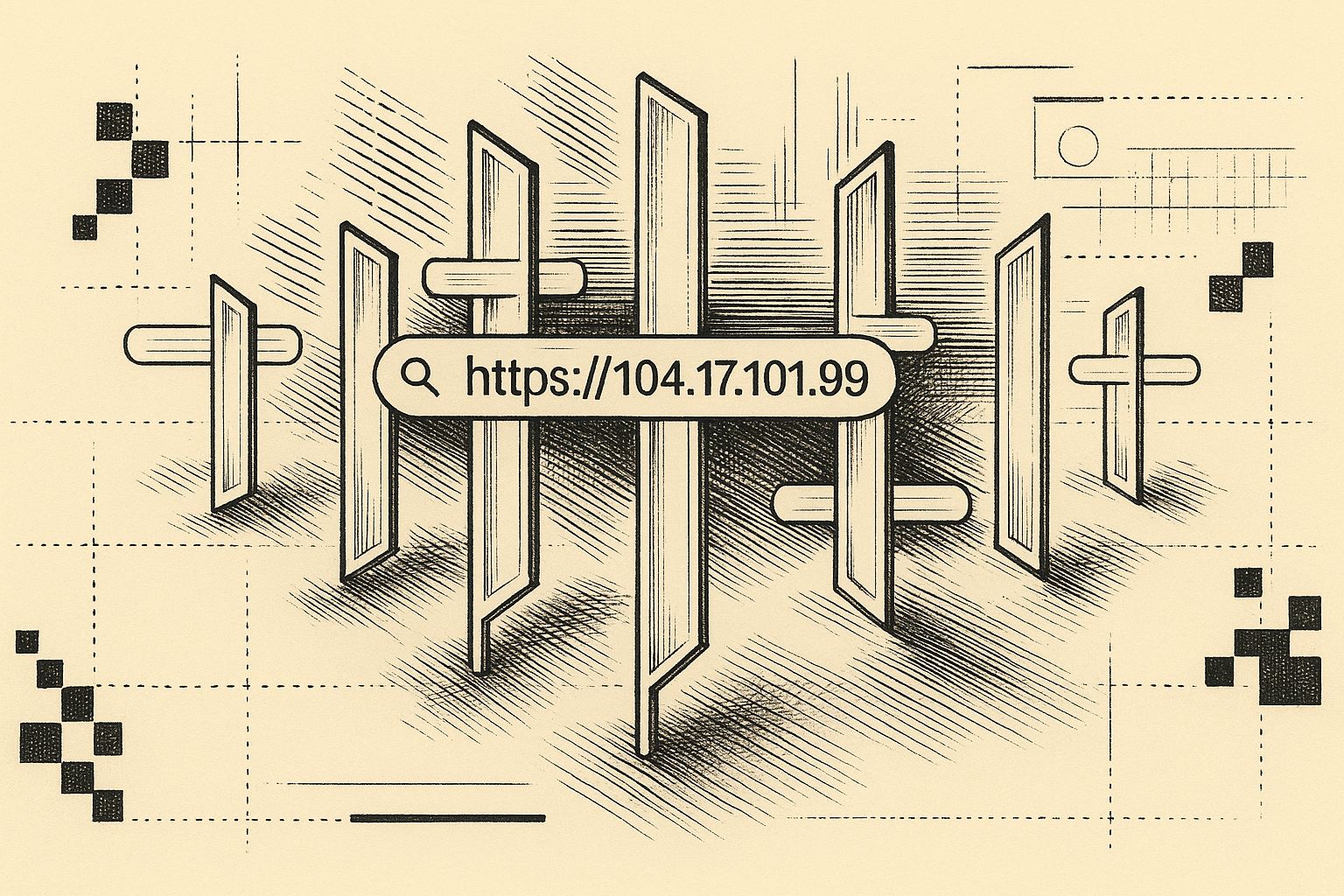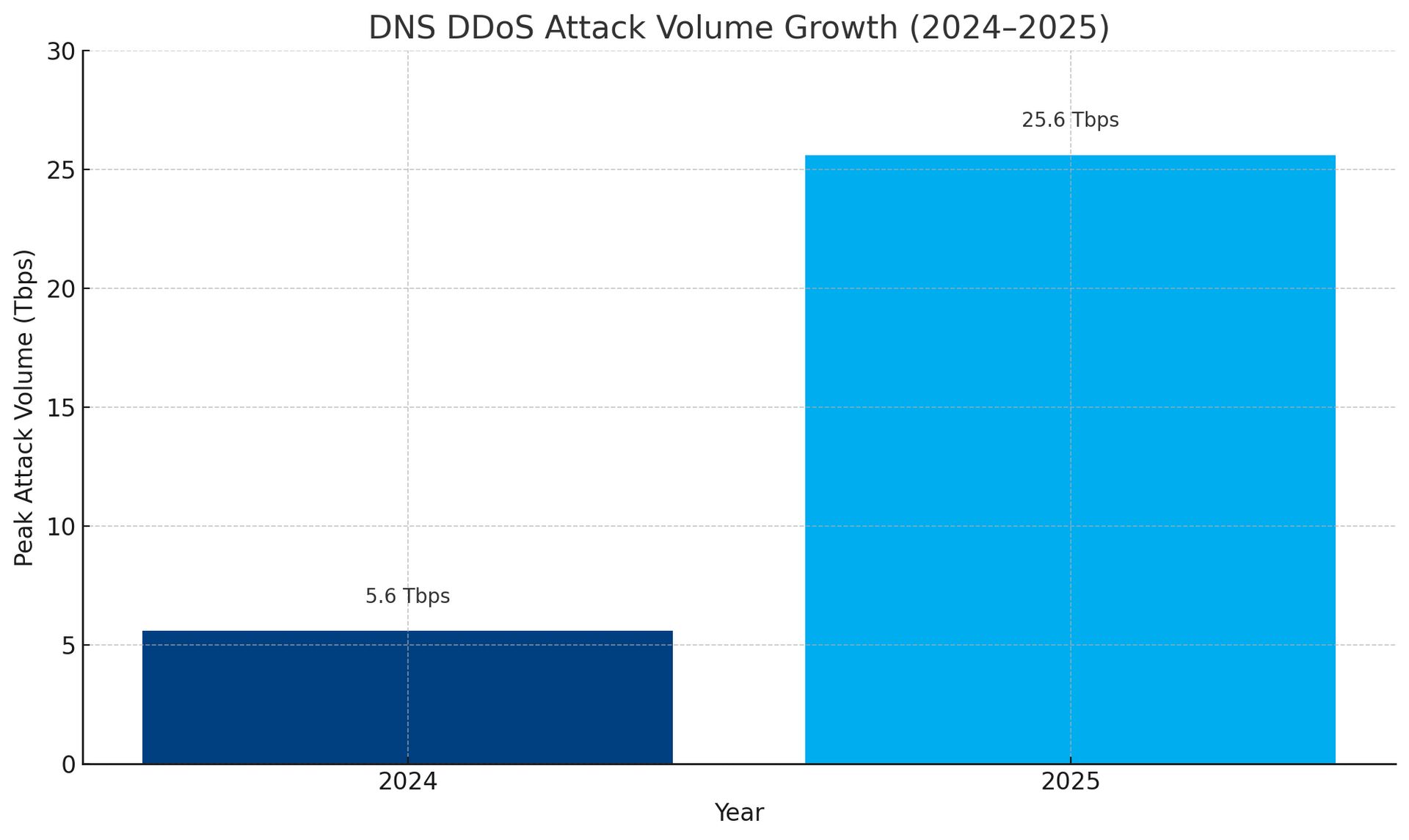- Defend & Conquer
- Posts
- Architectural strategies to enhance DNS resilience against modern DDoS attacks
Architectural strategies to enhance DNS resilience against modern DDoS attacks
CybersecurityHQ Report - Pro Members

Welcome reader to a 🔒 pro subscriber-only deep dive 🔒.
Brought to you by:
👣 Smallstep – Secures Wi-Fi, VPNs, ZTNA, SaaS and APIs with hardware-bound credentials powered by ACME Device Attestation
🏄♀️ Upwind Security – Real-time cloud security that connects runtime to build-time to stop threats and boost DevSecOps productivity
🔧 Endor Labs – App security from legacy C++ to Bazel monorepos, with reachability-based risk detection and fix suggestions across the SDLC
📊 LockThreat – AI-powered GRC that replaces legacy tools and unifies compliance, risk, audit and vendor management in one platform
Forwarded this email? Join 70,000 weekly readers by signing up now.
#OpenToWork? Try our AI Resume Builder to boost your chances of getting hired!
—
Get lifetime access to our deep dives, weekly cyber intel podcast report, premium content, AI Resume Builder, and more — all for just $799. Corporate plans are now available too.
Executive Summary
The Domain Name System (DNS) serves as the internet's fundamental address resolution service, translating human-readable domain names into IP addresses. This critical role makes DNS infrastructure an attractive target for Distributed Denial of Service (DDoS) attacks, which have increased by 358% year-over-year as of 2025. Organizations face unprecedented challenges in maintaining DNS availability while defending against volumetric attacks that now regularly exceed 20 terabits per second.
This whitepaper examines the most effective architectural strategies for building resilient DNS infrastructure capable of withstanding modern DDoS threats. Through analysis of recent attack patterns, implementation case studies, and emerging defensive technologies, we identify key approaches that organizations should adopt to ensure continuous DNS service availability.

The research reveals that successful DNS resilience strategies combine multiple architectural paradigms: anycast-based distribution, Software-Defined Networking (SDN) with dynamic defenses, layered filtering mechanisms, and increasingly, blockchain-based decentralization. Organizations implementing comprehensive approaches report maintaining 99% query fulfillment rates even under sustained attack conditions, with some achieving mitigation times as low as 2.1 seconds.
Key findings indicate that while traditional enhancement strategies remain valuable, hybrid architectures incorporating programmable data planes and machine learning-based detection systems offer the most promise for addressing both current and emerging threats. The most effective implementations leverage anycast networks for geographic distribution, employ multi-layer filtering to minimize collateral damage, and integrate real-time traffic analysis for rapid response to attack patterns.
For security leaders, the path forward requires balancing technical capabilities with operational complexity. Organizations must evaluate their specific risk profiles, resource constraints, and performance requirements when selecting and implementing DNS resilience strategies. The evidence strongly supports adopting a multi-faceted approach that combines proven techniques with emerging technologies to create defense-in-depth architectures capable of adapting to the evolving threat landscape.

Subscribe to CybersecurityHQ Newsletter to unlock the rest.
Become a paying subscriber of CybersecurityHQ Newsletter to get access to this post and other subscriber-only content.
Already a paying subscriber? Sign In.
A subscription gets you:
- • Access to Deep Dives and Premium Content
- • Access to AI Resume Builder
- • Access to the Archives
Reply